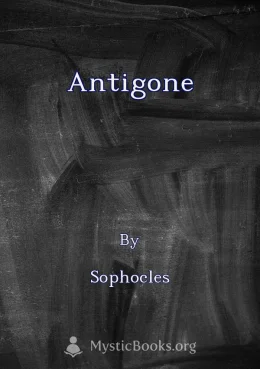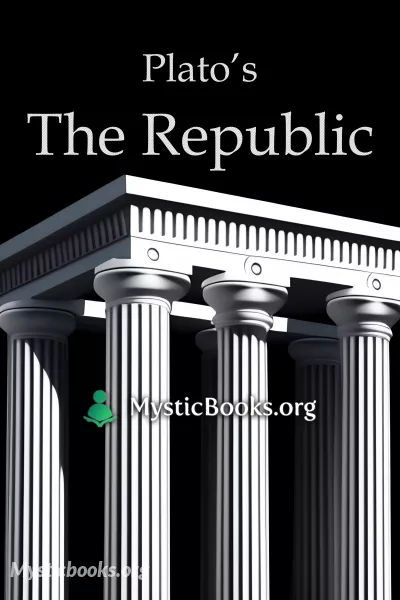
Plato's Republic
'Plato's Republic' Summary
Socrates believes he has answered Thrasymachus and is done with the discussion of justice.
Socrates' young companions, Glaucon and Adeimantus, continue the argument of Thrasymachus for the sake of furthering the discussion. Glaucon gives a lecture in which he argues first that the origin of justice was in social contracts aimed at preventing one from suffering injustice and being unable to take revenge, second that all those who practice justice do so unwillingly and out of fear of punishment, and third that the life of the unjust man is far more blessed than that of the just man. Glaucon would like Socrates to prove that justice is not only desirable, but that it belongs to the highest class of desirable things: those desired both for their own sake and their consequences. To demonstrate the problem, he tells the story of Gyges, who – with the help of a ring that turns him invisible – achieves great advantages for himself by committing injustices.
After Glaucon's speech, Adeimantus adds that, in this thought experiment, the unjust should not fear any sort of divine judgement in the afterlife, since the very poets who wrote about such judgment also wrote that the gods would grant forgiveness to those humans who made ample religious sacrifice. Adeimantus demonstrates his reason by drawing two detailed portraits that the unjust man could grow wealthy by injustice, devoting a percentage of this gain to religious losses, thus rendering him innocent in the eyes of the gods.
Socrates suggests that they look for justice in a city rather than in an individual man. After attributing the origin of society to the individual not being self-sufficient and having many needs which he cannot supply himself, they go on to describe the development of the city. Socrates first describes the "healthy state", but Glaucon asks him to describe "a city of pigs", as he finds little difference between the two. He then goes on to describe the luxurious city, which he calls "a fevered state". This requires a guardian class to defend and attack on its account. This begins a discussion concerning the type of education that ought to be given to these guardians in their early years, including the topic of what kind of stories are appropriate. They conclude that stories that ascribe evil to the gods are untrue and should not be taught.
Book Details
Language
EnglishOriginal Language
Ancient GreekPublished In
Genre/Category
Tags/Keywords
Authors
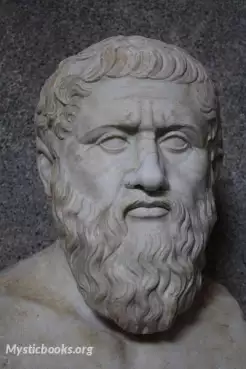
Plato (Πλάτων)
Greece
Plato ( Classical Attic; 428/427 or 424/423 – 348/347 BC)) was an Athenian philosopher during the Classical period in Ancient Greece, founder of the Platonist school of thought and the Academy,...
Books by Plato (Πλάτων)Download eBooks
Listen/Download Audiobook
- Select Speed
Related books

Resurrection, Book 3 by Leo Tolstoy
Resurrection is a novel by Leo Tolstoy that explores themes of redemption, social justice, and the hypocrisy of institutionalized religion. The story...
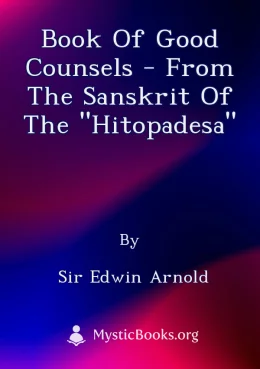
Book of Good Counsels - From the Sanskrit of the "Hitopadesa" by Sir Edwin Arnold
Hitopadesha, meaning 'good advice', is an ancient Indian collection of fables believed to have been written by Narayana Pandit in the 10th or 11th cen...

Present Crisis by James Russell Lowell
James Russell Lowell's "The Present Crisis" is a powerful and stirring poem that reflects the anxieties and moral dilemmas of the United States on the...

Arabic Hidden Words by Bahá'u'lláh
The Hidden Words, a collection of short utterances by Baháʼu'lláh, founder of the Baháʼí Faith, delves into spiritual truths and the essence of divine...
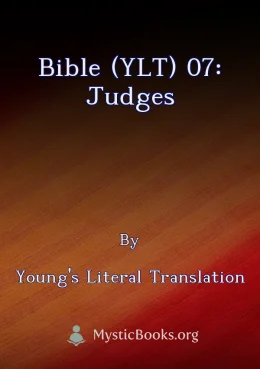
Bible (YLT) 07: Judges by Young's Literal Translation
The Book of Judges, presented in Young's Literal Translation, chronicles the tumultuous period in Israelite history following the conquest of Canaan....

Logic of Vegetarianism by Henry Salt
Henry Salt's *Logic of Vegetarianism* presents a compelling case for vegetarianism, using clear logic and engaging dialogues. Salt examines the ethica...

Love by Samuel Taylor Coleridge
The poem Love by Samuel Taylor Coleridge is romantic and emotional. It focuses on the tender, intense feelings of love, admiration, and longing betwee...

Märchen by Oscar Wilde
Oscar Wildes 'Märchen' sind eine Sammlung von fantasievollen und tiefgründigen Geschichten, die mit poetischer Sprache und symbolischen Bildern morali...
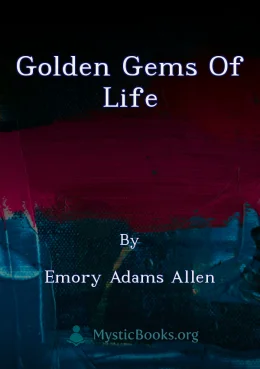
Golden Gems of Life by Emory Adams Allen
Golden Gems of Life is a collection of essays that offer timeless wisdom and practical advice on how to live a fulfilling and meaningful life. The aut...
Reviews for Plato's Republic
No reviews posted or approved, yet...
